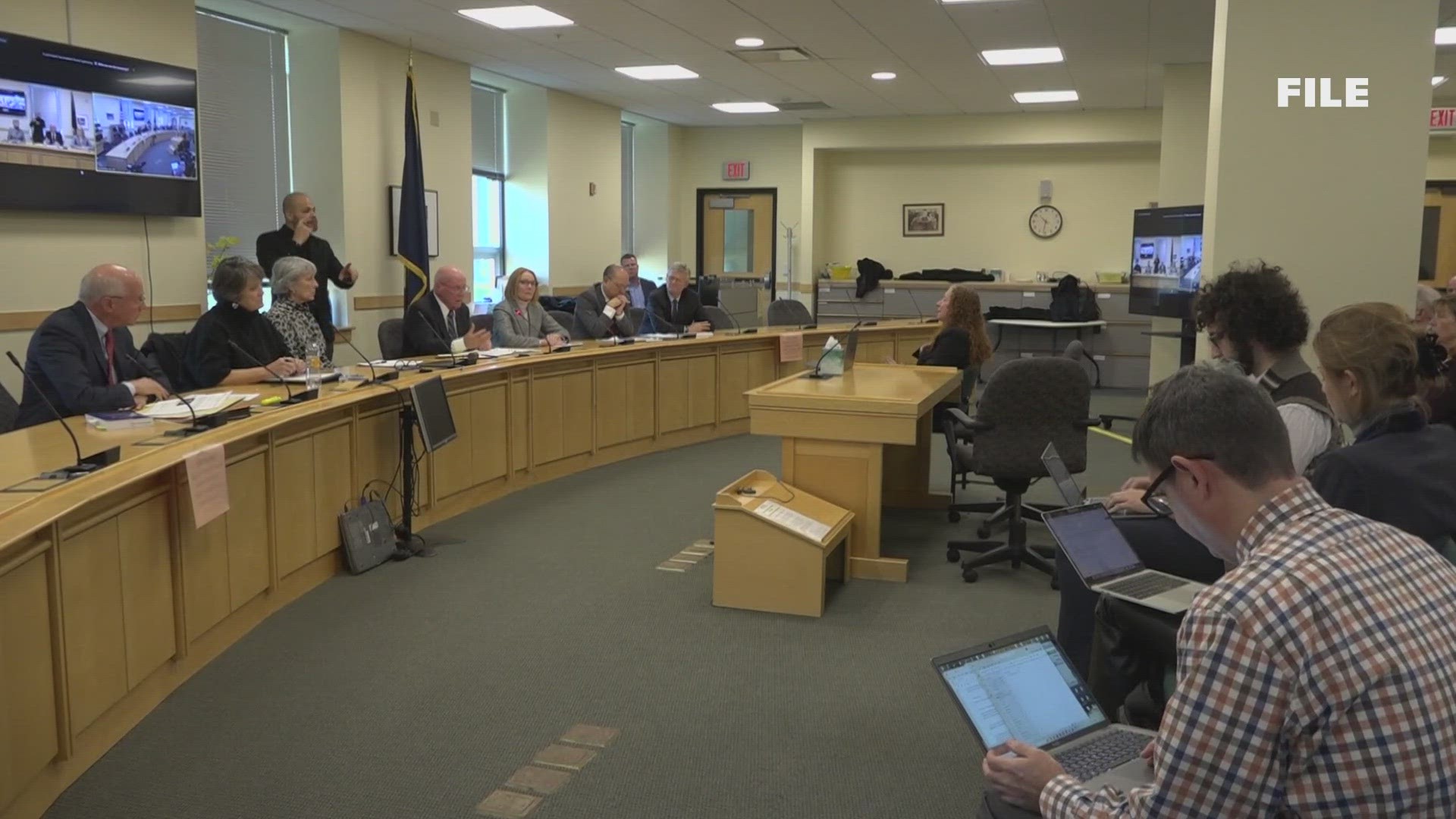AUGUSTA, Maine — There are still a number of questions surrounding the Lewiston mass shootings that left 18 people dead. The independent commission investigating the facts of Oct. 25 is seeking the power to subpoena in its effort to obtain documents and get witness testimony.
In a public hearing at the State House Monday, the Legislature's Judiciary Committee discussed just how much power it's willing to give the commission as Governor Mills and Attorney General Aaron Frey introduced emergency legislation last week to grant the commission powers of subpoena.
"The evidence that this commission is looking at is daunting. It’s difficult, and there are a number of questions we're trying to get answered," the commission's Executive Director Anne Jordan said.
Jordan said there's already been a number of people who have refused to provide documents or testify in front of the commission, either by their own choice or by direction of a superior. Jordan, A.G. Frey, House Speaker Rachel Talbot-Ross, and Governor Mills' Chief Legal Counsel Jerry Reid said they believe it's essential for the commission to have subpoena powers for it to fulfill its fact-finding mission.
The emergency legislation proposed would allow the commission to issue subpoenas based on a majority vote.
"Without such power, there will be scores of unanswered questions and missing information. The final report will be incomplete because we don’t have the facts we need," Jordan said. "The victims, their families, and the residents of Lewiston, and the people of Maine deserve to learn the full truth."
Attorney General Frey said he hopes people will comply with the commission's investigation if asked, but when some people don't cooperate, this system will be in place.
"It was drafted with the understanding that it would provide the authority for the commission, its members to access documents that have been deemed as confidential under state statute," Frey said.
Frey said access with subpoenas will be necessary for the commission to have access to documents like Robert Card's mental health records. Any confidential records the commission gets during its investigation using a subpoena would remain confidential once commissioners complete their final report.
"There would be a review undertaken to ensure that the release of the commission's records is not including records that are otherwise confidential or otherwise not subject disclosure under the public records law," Reid said.
The commission will write a report covering the facts of the Lewiston mass shooting and will not recommend any public policy changes, Reid said.
If the commission is granted subpoena powers, it would not subpoena any victims during the investigation, Jordan said. The commission has offered victims and families the chance to participate in the investigation, publicly or privately, by talking with the commission or providing a written statement.
"It’s not our place to compel them to come in and testify to something that is so incredibly painful. We won’t do it," Jordan said.
Four victims will publicly testify in front of the commission at its next hearing on Thursday.

